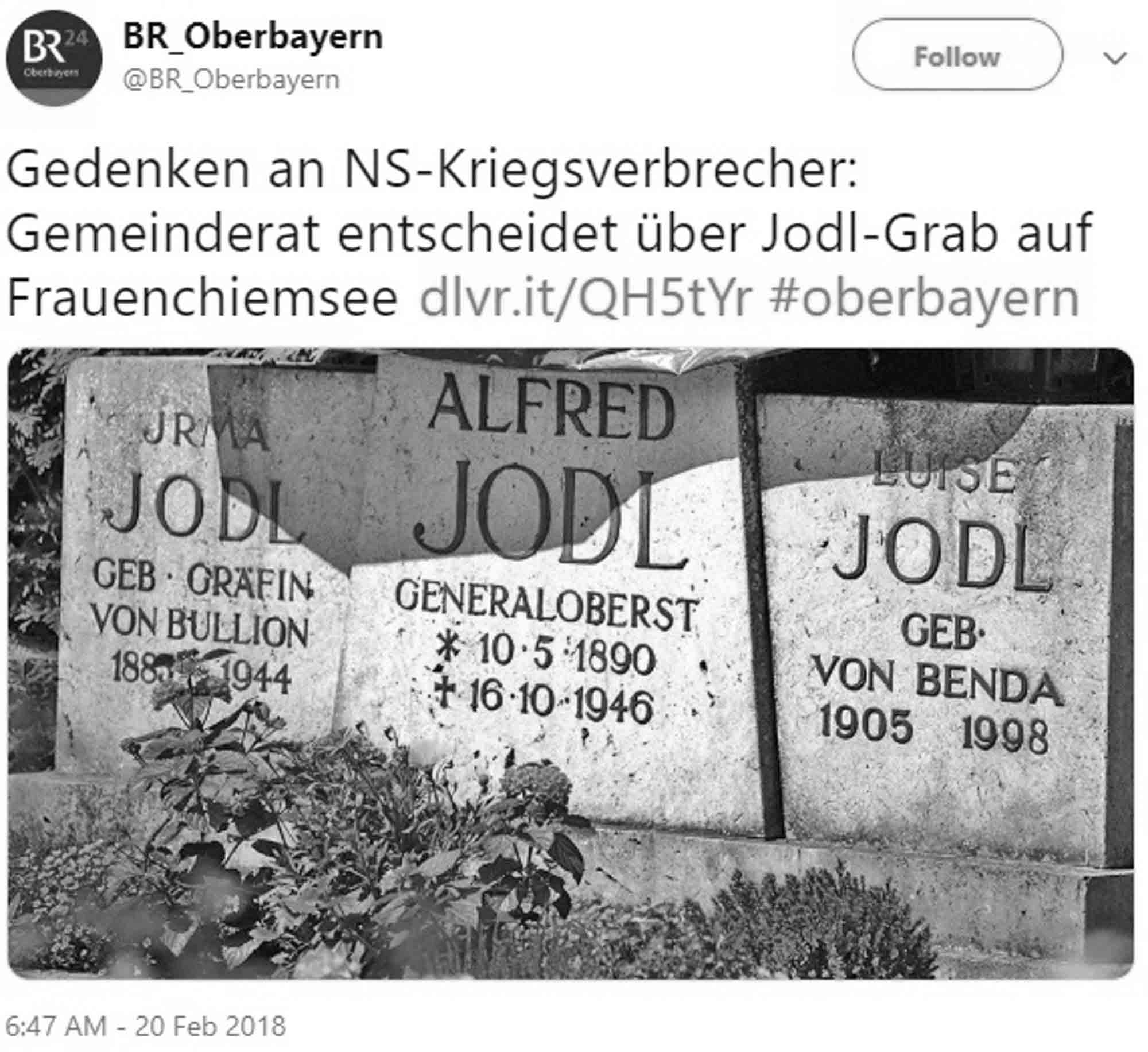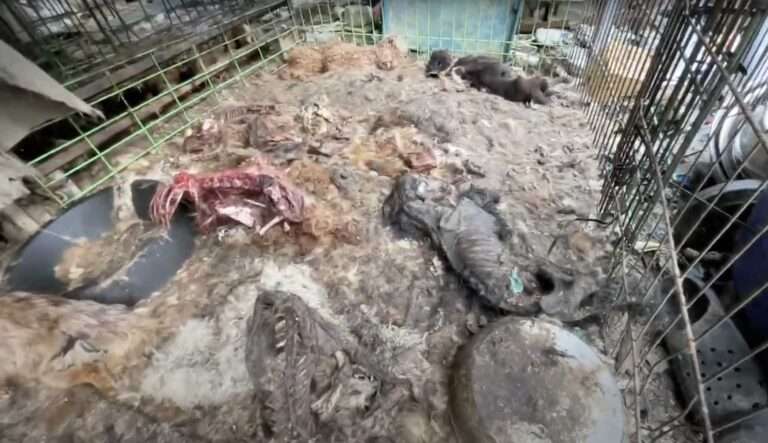A German court has ruled that this memorial to a World War II Nazi convicted of crimes against humanity will remain on show despite fears it could become a pilgrimage site for far-right thugs.
These pictures show the bizarre cenotaph devoted to Wehrmacht General Alfred Jodl, who signed Nazi Germany’s unconditional surrender on 7th May 1945 in the French city of Reims and was later found guilty of crimes against humanity.
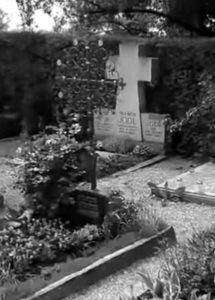
Jodl’s ashes were scattered following death by the hangman’s noose but unidentified devotees later built a cenotaph of Jodl appeared at a cemetery on Frauenchiemsee Island on picturesque Lake Chiemsee in Bavaria.
The “fake Jodl grave” as it has been dubbed in local media has caused significant ire throughout the years.
An artist once even put a sign to the cenotaph reading “No honour to the war criminal” while breaking off the letter ‘J’ of ‘Jodl’ to create the world ‘odl’, which in local dialect means ‘manure’.
Artist Wolfram Kastner said that he “could not live in a country in which convicted war criminals are being honoured”, referring to Jodl’s part in giving orders to shoot captured Red Army commissioners and to deport Jews in conquered European lands.
In a new case started by the grandnephew of the Nazi general, the administrative Court of Munich has now decided that the controversial tombstone may remain in its place for another 20 years.
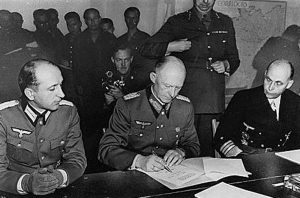
The grandnephew started the case after the local municipality walked away from a previous settlement proposed by the court in which Jodl’s grandnephew would have the name of the war criminal permanently covered with a plate and would waive further funerals of family members at the spot, in return for keeping the grave for a further ten years with an option for ten years more.
The municipality, however, walked away from the agreement and demanded the removal of the entire grave, citing the lack of space at the small cemetery among other reasons.
However, the court found that the Jodl cenotaph is not just a monument for the Nazi criminal but “a family grave with a common gravestone, as can be found in many cemeteries”.
The judge also said that an on-site visit did not back up the municipality’s claim that the cemetery has an urgent lack of space.
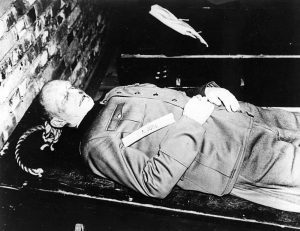
The court also did not think the grave would become a pilgrimage site for neo-Nazis as besides “a one-time action by five NPD supporters” [National Democratic Party of Germany] no far-right activity has been seen around the grave.
The presiding judge also said there are “milder means of eliminating such disturbances” than to get rid of the entire grave.
The Chiemsee Municipality will decide during a next council meeting whether or not they will appeal the sentence.
Artist Kastner urged them to do so to make sure “that the brown manure may finally disappear”.
To find out more about the author, editor or agency that supplied this story – please click below.
Story By: Koen Berghuis, Sub-Editor: Joseph Golder, Agency: Central European News

